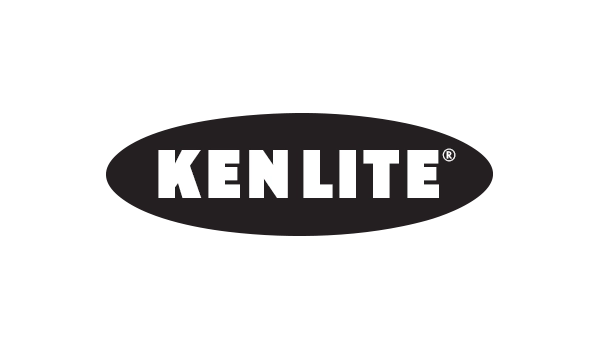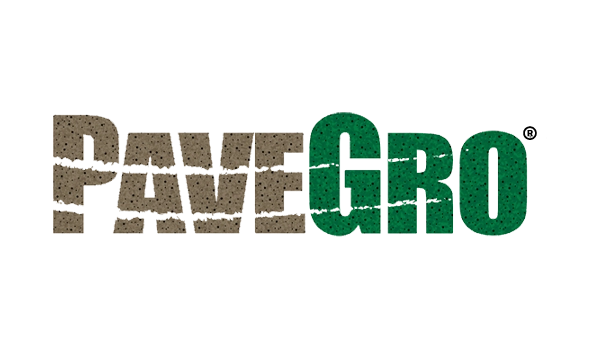Key Insights:
Quick Facts
Challenge: Masonry contractors across the country need a solution that not only improves project efficiency but also protects the health and well-being of their workforce. Traditional CMUs are heavy, leading to injuries, lower morale, and higher costs in labor and materials.
How Arcosa Helped- Our Solution: Arcosa supplied lightweight aggregates that were used to produce lightweight concrete masonry units (CMUs). These blocks have been widely adopted by contractors like Joe Bonifate of Arch Masonry, Mike Sutter of Sutter Masonry LLC, and Paul Oldham of Ollier Masonry, as well as Bo Bartlett of W.W. Bartlett, Inc. for various projects.
- Why Lightweight Works: Lightweight CMUs are easier to lift and install, reduce labor fatigue, and offer superior fire ratings, making them safer and more efficient than traditional blocks.
Final Results
- Contractors reported fewer injuries, faster project completion, and lower overall costs due to reduced labor needs and improved worker productivity.
Key Quote
“Our guys really prefer to work with lightweight block. We have not had any back or shoulder injuries on a lightweight block project. That’s what makes it valuable for us as a company.” — Joe Bonifate, President of Operations, Arch Masonry & Restoration
Context:
- Considerations: As the demand for more efficient and sustainable building materials grows, lightweight CMUs are increasingly seen as the solution of choice for masonry contractors across the country. They not only enhance safety but also deliver superior performance and savings over traditional concrete blocks.
- Lesson to Learn: Lightweight CMUs are not just about saving labor costs—they have a broader impact on worker health, morale, and project outcomes. The use of lightweight block continues to prove its value across various markets and construction types.
Explore Further
Interested in learning how Arcosa’s lightweight aggregate can enhance your next project? Contact us today for a consultation
Longtime Masons Describe Real Advantages of Lightweight Concrete Block
It’s one thing to read a pile of technical white papers about the performance, superior fire resistance, aesthetic properties, quality, and productivity improvements possible with lightweight concrete masonry units (CMUs) or concrete block. It’s quite another to hear it straight from the people who are out in the field installing the product.
Lightweight concrete block — manufactured in carefully controlled conditions — uses lightweight aggregate, like that supplied by Arcosa Lightweight, in the mix design. The lightweight aggregate is manufactured by heating select shale, clay, or slate in a rotary kiln until it expands. The resulting aggregate, a fraction of the density of normal aggregate, produces a superior concrete block.
Lightweight aggregate results in block with a higher fire rating than normal weight CMU, and it makes mason contractors, masons, helpers, and laborers very happy. Lightweight block can not only provide installation labor savings of up to 50% over its heavier counterpart but also reduces on-the-job injuries, labor problems, and boosts employee morale.
But all the technical information in the world can’t tell the story nearly as well as the words from some of the top mason contractors in the country.
Lightweight Block Builds Morale

On a movie theater project in McCandless Township, PA, Arch was tasked with installing 80,000 blocks on a 60-day schedule in the dead of a rough Pittsburgh winter. “There were zero injuries, and it was done on time. We didn’t start until November; we finished the first week of January. In Pittsburgh, you’re going to deal with some weather that time of year. So even though we had those obstacles, we were able to complete the project on time and safely. And we believe that was attributable to the fact that lightweight block was specified for the project. The masons are not as beat up at the end of the day. They feel like they’re not working so hard. Ultimately, that’s what makes it valuable for us as a company.”
Bonifate continues, “They’re slugging it out all day through December weather. And come the end of the day, they just want to go home. They don’t want to take that extra minute to brush the wall a second time. They just want to get in their truck and go home. So if you can lessen their fatigue and increase their morale, you’re going to wind up with a better product.”
Ultimately, all of the benefits of lightweight block go to the client. “With the way they schedule projects in today’s market, completing projects on time or ahead of schedule is critical. These clients generate revenue the day they open, and they’ve quantified that to a value-per-day,” Bonifate says.
Improved Installation, Superior Fire Ratings

Mike Sutter, founder of Sutter Masonry LLC in El Mirage, Arizona, and Masonry Hall of Fame inductee in 2019, says the idea of lightweight block is a no-brainer, even though it can be hard to find in his market.
“We’re always looking for ways to stop wear and tear on our employees. I’ve got wear and tear related to laying block for a lot of years. I’ve got bad shoulders, bad elbows. It means a lot to try and keep our guys healthy,” Sutter says.
But labor benefits aren’t the only reason to use lightweight concrete masonry units.
Bo Bartlett, owner of W.W. Bartlett, Inc., a specialty masonry contractor serving the Houston, Texas area, appreciates lightweight block for its fire rating. “Lightweight does really well for rated partitions. Eight-inch lightweight block has a typical two-hour fire rating, so that works well for a lot of corridors and walls.”
Paul Oldham’s Perspective

Paul Oldham, President of Ollier Masonry in Batesville, Indiana, says his company, which specializes in private institutional work, tries to use lightweight block wherever possible.
On one recent project, Ollier Masonry was able to use 24-inch-long block, which dramatically increased production. “A normal weight two-foot-long block would have been way too heavy for our employees to lift. It helps lower the cost of the wall going up. We can save on labor and get more material in the wall. And that brings the cost down or at least keeps it stable.”
“And the other point is the appearance. It’s easier to sell a lightweight finish block than a standard concrete block wall in our market.”
Each of these mason contractors highlights the practical, labor-saving, and performance benefits of lightweight block. Whether it’s the reduced injuries, increased productivity, or the superior fire ratings, lightweight CMUs continue to be the preferred choice for many in the masonry industry. From Pittsburgh to Houston, lightweight block is helping contractors complete projects safely, efficiently, and on time.













